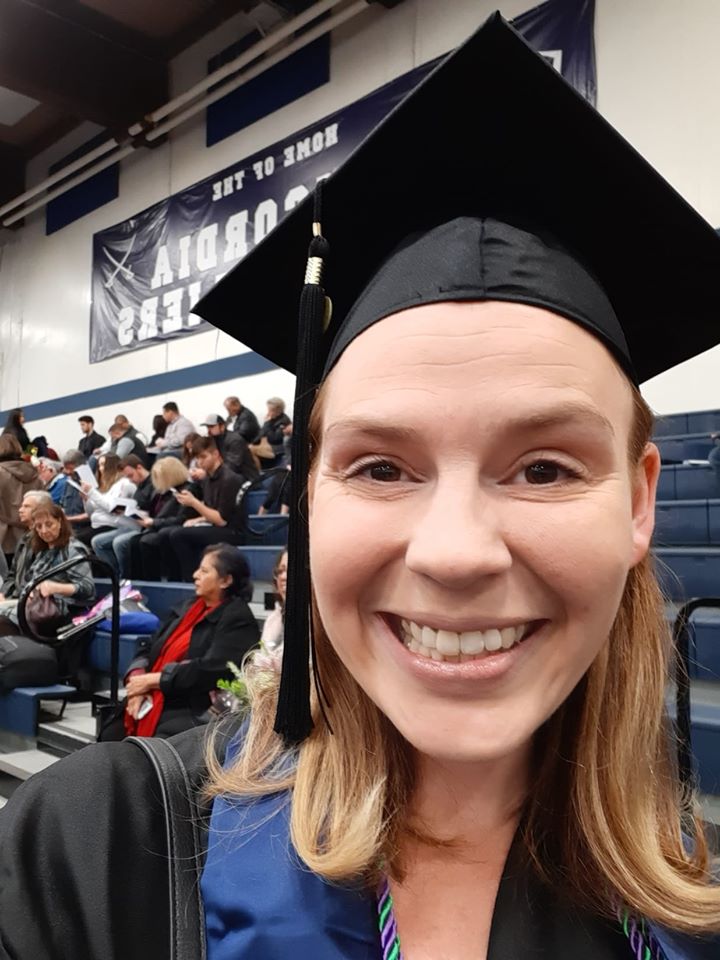
I had hoped that I would be sending my kiddos back to traditional school this Fall. My son is starting Kindergarten and my daughter is heading off to 2nd grade. Instead of enrolling them as I would be around this time of summer, I have been researching homeschool options in Oregon.
The coronavirus continues to surge, many teachers and families that I know are nervous about the pandemic, and our state precautions seem to be growing in seriousness. Whether a family decides to homeschool their kids depends on several factors such as parent schedule, the homeschooling ability of the parent and the student, and other familial/school matters. I am a long-time “stay at home mom” so homeschooling is likely what we will do this year.
Upon researching, I found three requirements for homeschooling in Oregon:
1) the family must send in a “one-time written notice of intent” to their district. If the child is younger than six years old, no action needs to be taken.
2) if your child has been diagnosed with a disability, an individualized education plan or a privately developed plan needs to be developed to continue to assess your kiddo
3) if your child is in 3rd, 5th, or 8th grade: they must be assessed by an approved standardized testing center/test. After testing is complete, submit results to your local ESD (education service district).
The other important requirement is that the “notice of intent” must be delivered by the tenth day of the homeschooling program, or within 10 days of withdrawing the kiddo from their school.
More information on these beginning steps can be found through this link: http://www.ohen.org/homeschooling-in-oregon/complying-with-oregon-laws/
The “notice of intent” should be sent to your county’s local education service district. The link to find your local ESD is here: http://www.osba.org/Links/LeftNav/Education-Institutions/Education-service-districts.aspx
The next step is to choose a homeschooling program. Some programs offer free tuition, while others offer homeschooling for a cost. Here are some of the options I found.
Connections Academy-
The homepage asks for a zip code to “find your school.” I entered my zip code here in Portland and was led to “Willamette Connections Academy.” The curriculum is available to elementary, middle, high school, and career technical students.
The core studies include: 1) math 2) science 3) language arts and 4) social studies. Electives are also offered such as world languages, music, and game design.
Connections Academy is a tuition-free public online school. To learn more about enrollment, here is the link: https://www.connectionsacademy.com/
Time4Learning.com-
This program provides a curriculum for students ages K-8th grade for $19.95 per month, and a curriculum for 9th through 12th graders for $30 per month.
This program also focuses on four main subjects: 1) language arts 2) math 3) science 4) social studies.
Electives include environmental science, sociology, psychology, personal finance, and more choices depending on grade level. This program follows state education standards and offers testing services for families who would like more thorough assessments. For more information about enrollment, here is the link: https://www.time4learning.com/homeschooling/oregon/
K12.com-
K12.com has free tuition options, and private school online options for a cost. I entered my zip code on the home page and was led to two options: 1) Oregon Virtual Academy (K-12) and 2) Cascade Virtual Academy (K-8).
The core subjects include language arts, math, history, science, music, and art. To learn more about K12.com programs in Oregon, follow this link: https://www.k12.com/oregon-online-schools.html
Clackamas Web Academy-
This program is open to any student who lives in Oregon. The school offers programs from kindergarten-aged students through high school and early-college options. The school offers and usually requires a few on-site meetings a week.
I am not sure how this is affected by the pandemic. It is noted that “zoom meetings” took the place of in-person class meetings in the previous school year. For more information on Clackamas Web Academy, head to his link: https://sites.google.com/nclack.k12.or.us/clackamaswebacademy/home
Metro East Web Academy-
This school just started offering a K-6 program. They also have middle, high school, GED, and college credit offerings. Reading, writing, math, science, and social studies are the main components in the curriculum.
The school also provides field trips and community-service projects with peers throughout the year. To explore the website and offerings, here is the link: https://www.mewebacademy.org/
Frontier Charter Academy-
This school is a tuition-free charter school that is open to any student who lives in Oregon. The website explains that younger students will have more interactive activities like zoom meetings and activities with peers, and older students will have more independent work.
The school aims to have the student achieve most of their daily work during log-in time rather than having homework after school is done for the day. For more info, here is the link: https://www.frontiercharteracademy.org/
The list of homeschooling options in Oregon seems endless! I have only named a few. There are also many private-school options that vary in price. There are many more choices available. Many of the websites read, “now enrolling for the 2020-2021 school year.”
If you are thinking about homeschool for your little one’s next year, I would recommend that you start researching a little bit. The choices are plentiful, and some of the registration/application processes have several steps. I am overwhelmed at the variety! It looks like I have my work cut out for me. Right when I thought I had found a bunch of options; I found an article that lists my suggestions plus more. Here is the link to even more options: http://www.ohen.org/resources/alternative-educational-paths/oregon-charter-schools/
I noticed that the homeschool programs I have listed differ in expected involvement from students and their families. I was surprised to see that some schools expect around 5-6 hours of work a day while others only expect an hour or two. Some schools expect a mix of online and onsite learning, while others are fully online. Many considerations should be made before deciding on a homeschool program. Cost, level of involvement, the credentials of the program, and other important features may influence your decision. Many of the schools also offer “virtual orientations” so that families and staff can get to know each other before a family commits to the program.
I would strongly encourage an orientation to get a sense of the school, their teachers, and what an average day looks like in the school year. I would also recommend talking with your kids and getting input from your kiddo (depending on their age) about your top choices. Also, I recommend thinking about what situation would fit their study style the best.
Best of luck to you all in finding a homeschooling situation that works for your family!

Stephanie McCoy was born and raised in Portland, Oregon-where she still lives. She recently graduated with a Master’s in Education degree from Concordia University. In her free time: she likes to read and write, get outdoors, embrace her kiddos and husband, and watch travel documentaries.
